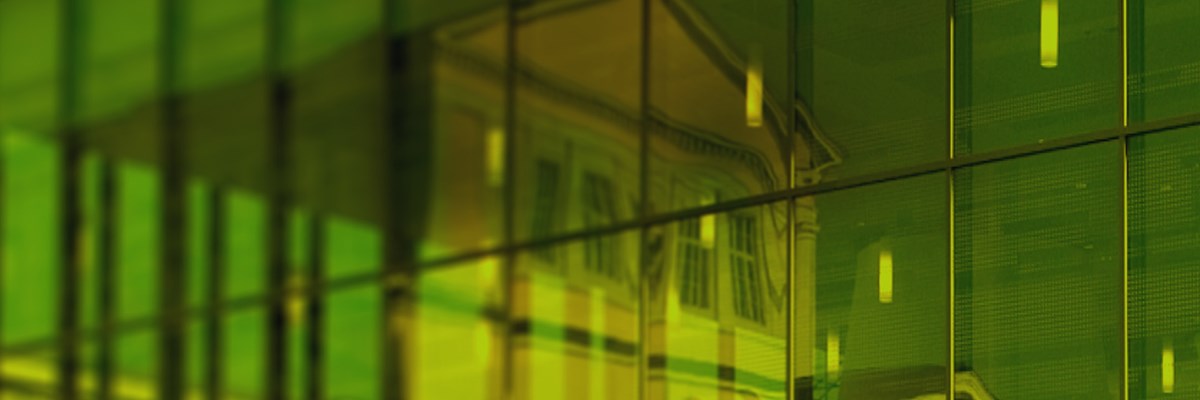Call for Abstracts - 2020 MSE Congress

Materials Science and Engineering Congress
From September 22th to 25th, Material Scientists and Engineers from across the world will meet at the Materials Science and Engineering (MSE) Congress at the Darmstadt University of Technology, Germany.
With more than 1,500 participants, the MSE is one of the largest English-speaking congresses in the field of Material Science and Engineering across Europe. Every two years, numerous questions of scientific, social, and economic nature with regard to Materials Science and Engineering are discussed in several symposia and plenary lectures.
After receiving excellent feedback in MSE 2018, together with our colleagues Prof. Afrooz Barnoush and Prof./Dr Mariano A. Kappes, we will organize a symposium on environmentally assisted cracking of high strength materials for a second time.
S14: Environmentally Assisted Cracking of High-Strength Alloys Symposium
Topic: Structural Materials
Why is it important?
We are presently experiencing the complete transformation of the alloy development and manufacturing cycles, which are transitioning from the traditional trial-and-error approach to a new knowledge-based methodology. At the same time, the ever-growing demand of the power, automotive, and aerospace sectors is fueling the development of new high-strength alloys with complex microstructures and chemistries and the utilization of conventional materials in increasingly aggressive conditions. As a result, in the past five years, many high-strength alloys, particularly precipitation-hardening nickel alloys and stainless steels, have been found prone to environmentally assisted cracking (EAC), even in environments deemed a priori benign.
Scope of the symposium
This symposium seeks original research articles focused on EAC of high-strength materials, including but not limited to low alloys steels, stainless steels, high entropy alloys, nickel-, aluminum-, and titanium-based alloys produced by traditional and unconventional fabrication processes such as additive manufacturing. Specifically, the goal of the symposium is to address how the compound interplay between microstructure, stress, and environmental conditions affects EAC resistance, which will aid in establishing safe environmental boundaries. Research combining traditional approaches and modern techniques, including in situ testing and high-resolution analysis and characterization tools are encouraged as they will provide an entirely new perspective for the examination of the various forms of EAC. Further research aiming to develop predictive models or multiscale physics-based approaches to understand the EAC mechanism and predict the lifetime of structural materials in harsh environments are welcome.
We look forward to seeing you in Darmstadt, Germany!
Key dates
| Deadline Submission of Abstracts (Lecture/Poster) | 28 February 2020 |
| Authors confirmation | May 2020 |
| Preliminary Program | June 2020 |
| MSE 2020 Congress | 22-25 September |
How to submit an abstract?
To submit an abstract simply visit the MSE 2020 website!
